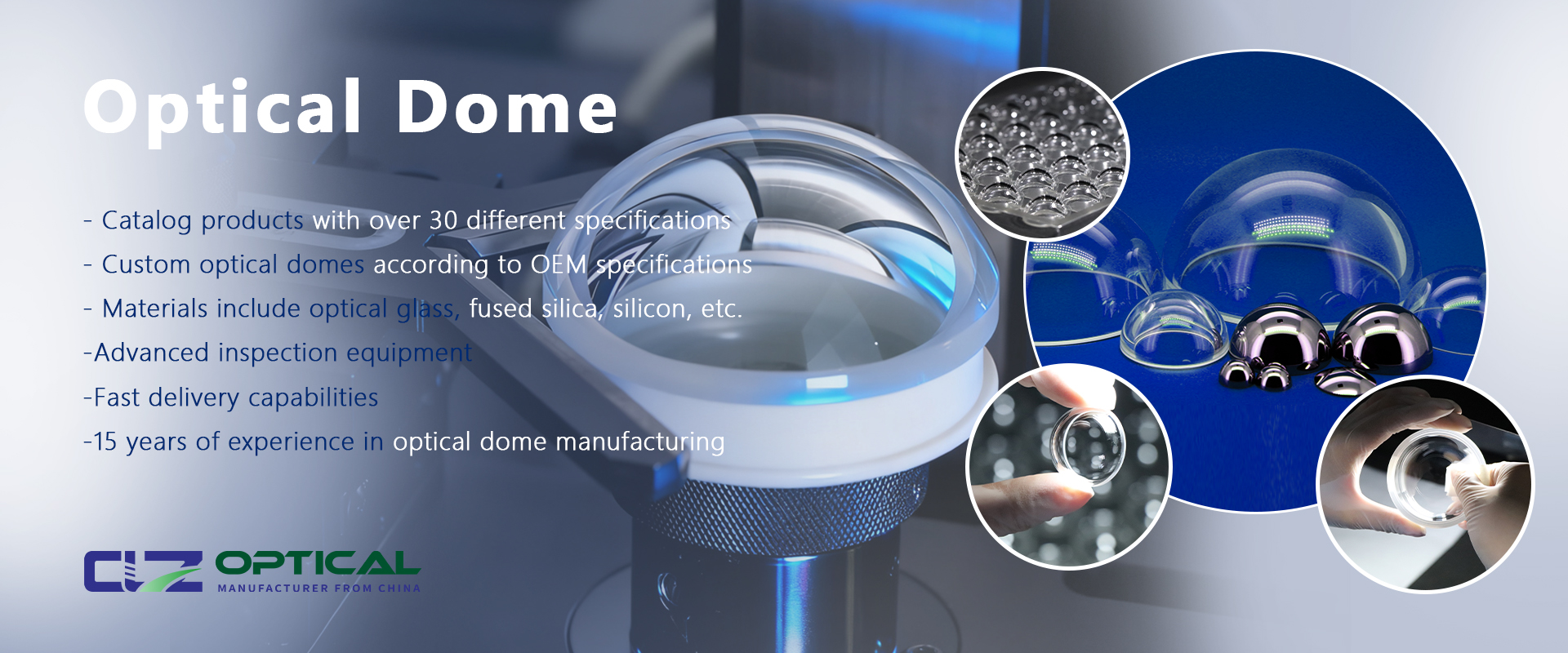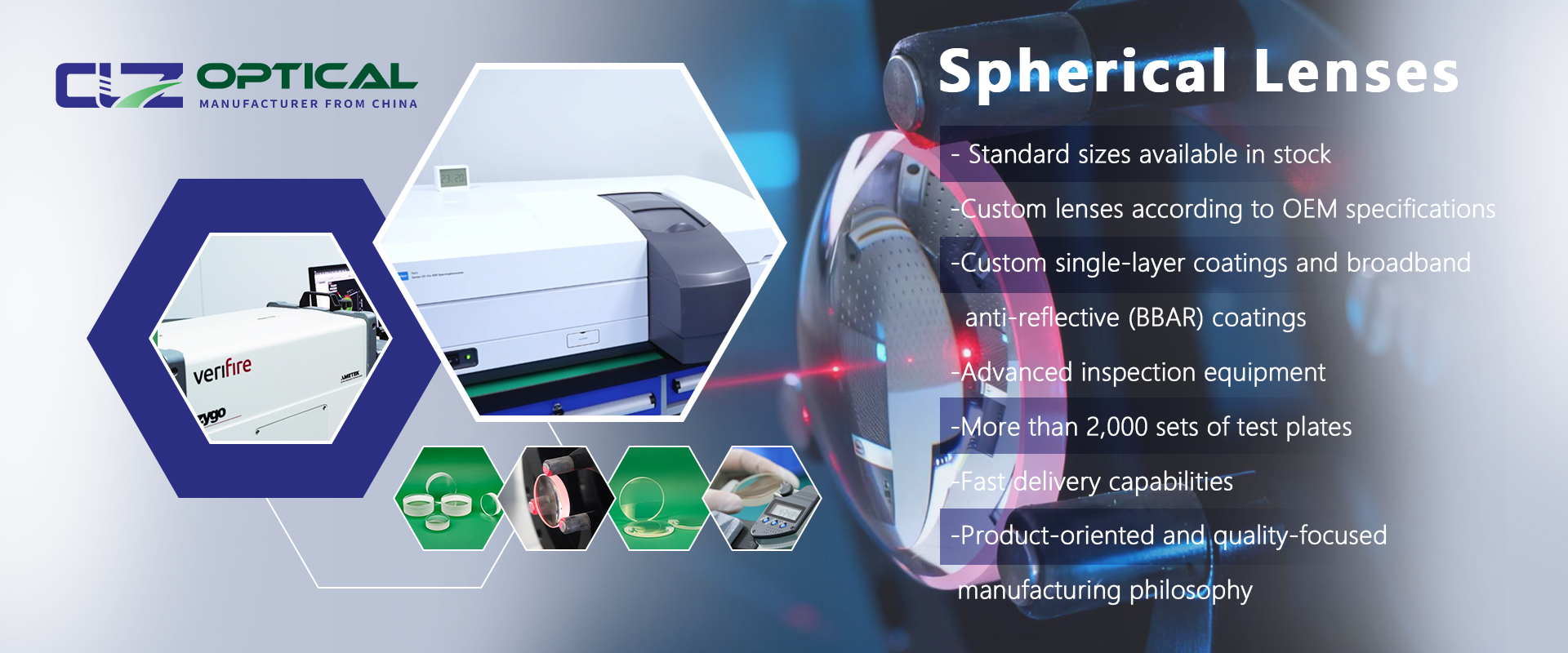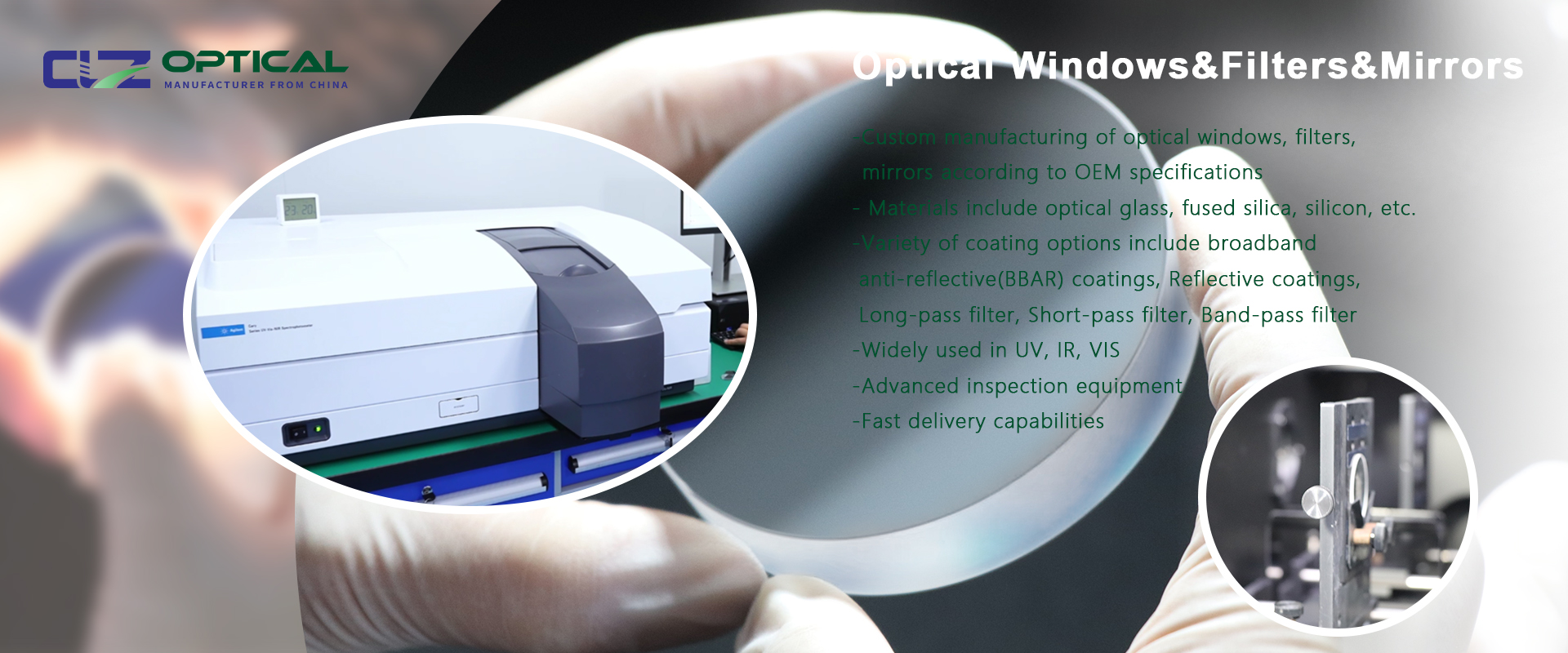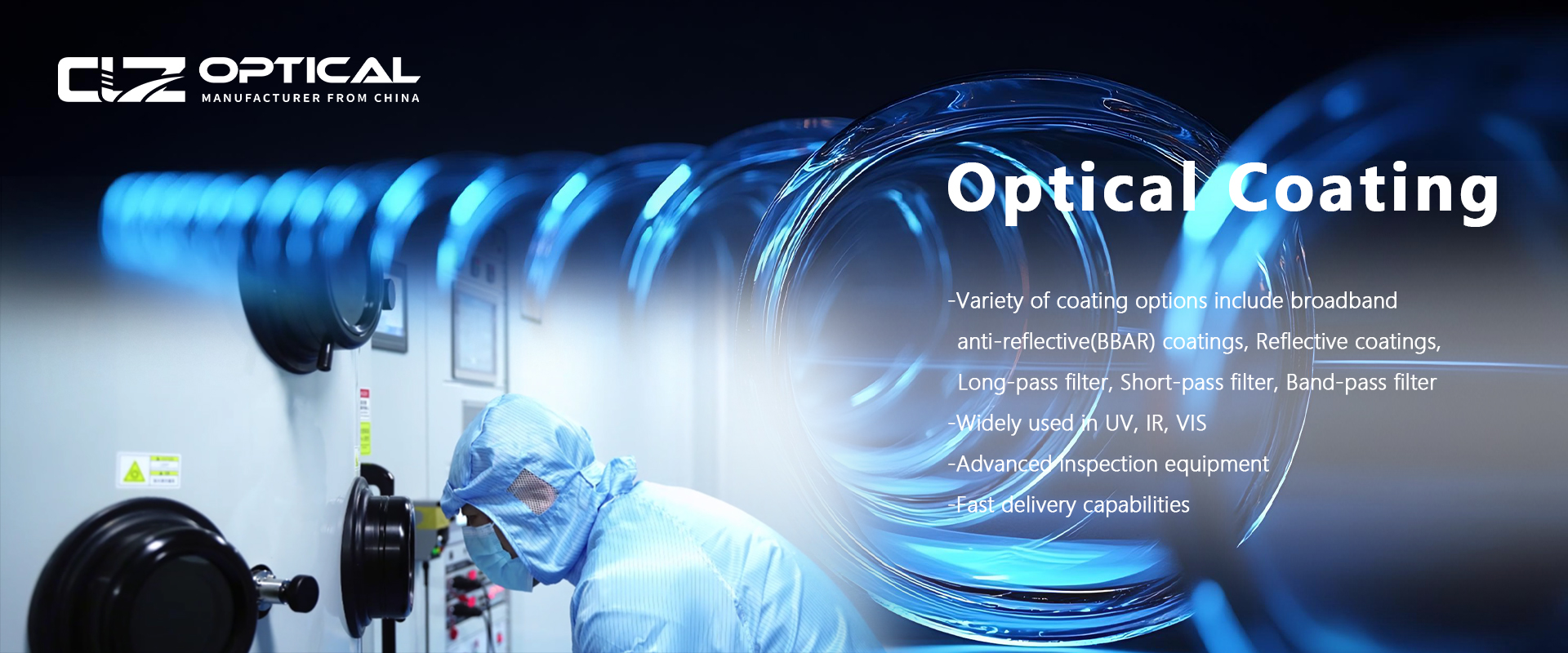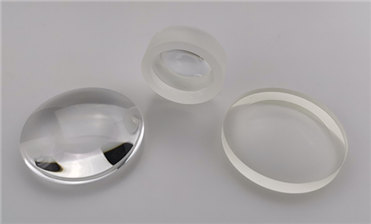Do you know the Chemical Properties of UV Grade Fused Silica?
Apr. 15, 2020
As a Optical Domes Supplier, share with you.
CHEMICAL CHARACTERISTICS
FUSED SILICA CHEMICAL MAKE-UP
Translume works with Integrated Silica (likewise called fused quartz). UV Grade Fused Silica is composed solely of high-purity silica (SiO2) in amorphous (non-crystalline) kind. In contrast, various other usual glasses (Pyrex, borosilicate, soda-lime, etc.) are blended composition glasses-- in addition to SiO2, they consist of such ingredients as Na2O, CaO, and also B2O3. These additional components change the optical and also mechanical attributes of the glass and lower the melt temperature of the mix. Integrated Silica, on the other hand, is pure SiO2. It has a much greater functioning and also melting temperature level than various other usual optical glasses, it additionally has phenomenal optical, thermal, as well as mechanical residential or commercial properties.
Fused Silica Windows
FUSED SILICA CHEMICAL PURENESS
Contaminants, regardless of their presence at extremely low levels, have refined yet considerable effects. Purity is primarily established by the resources, the manufacturing approach as well as subsequent handling procedures. Special safety measures have to be taken in any way stages of the production process to preserve high pureness.
One of the most typical impurities are metals (Al, Na and Fe to name a few), water (present as OH groups), and chlorine. These pollutants impact the viscosity, optical absorption and electrical buildings of the glass.
CHEMICAL COMPATIBILITY
As a result of its pure composition, Molten Silica is a very inert glass. It is compatible with the substantial bulk of chemicals utilized in the industry and also in the laboratory. There are only a few unusual products that will certainly assault it, including HF (hydrofluoric acid) and hot KOH (Potassium hydroxide).
THERMAL PROPERTIES
COEFFICIENT OF THERMAL GROWTH (CTE).
UV Grade Fused Silica has an incredibly reduced coefficient of thermal expansion, which differs only slightly with temperature level.
Fused Silica Mean Coefficient of Thermal Expansion :
- 0.52 x 10-6/K over the 5°C to 35°C temperature range
- 0.57 x 10-6/K over the 0°C to 200°C temperature range
- 0.48 x 10-6/K over the -100°C to 35°C temperature range
This material characteristic imparts integrated silica a high resistance to thermal shock, as well as makes it an outstanding material for applications that need the utmost in dimensional security over a big temperature level variety. For contrast, INVAR (a nickel-iron alloy), which has the most affordable thermal expansion amongst all steels as well as alloys near room temperature level, has a mean coefficient of thermal expansion that is greater than two times that of Fused Silica (1.3 x 10-6 °/ K over the 20 ° C to 100 ° C temperature range).
Our company also has Fused Silica Windows for sale, welcome to consult us.












